Two bitcoin explorers return to El Salvador to see what the country looks like after a year of Ley Bitcoin.
This is an opinion editorial by Rikki, Bitcoin explorer, author and co-host of the “Bitcoin Italia,” and “Stupefatti” podcasts.
Everything is ready for another great adventure.
The backpacks are stuffed, the check-in is already done, the cab is waiting for us with the engine running, outside the front door. We are about to cross the ocean once again.
Last year we chronicled the adoption of Bitcoin in El Salvador just a few months after the law went into effect. 45 days were spent there without cash or credit cards, living exclusively on bitcoin. Our goal was to get out of the comfort zone of tourists and bitcoin influencers, the typical Bitcoin Beach and capital city of San Salvador, delving into the more remote areas to see if it was really possible to shop and pay in bitcoin in the popular markets of small suburban villages, meeting with residents of the poorest areas to find out what they really thought of Satoshi Nakamoto's invention.
It was an incredible journey.
We are returning to El Salvador, to see what has changed more than a year after the law was passed. We will spend a whole month in El Salvador, trying to live there again by spending only bitcoin. Will it be easier or harder than last year?
But this time we will not be limited to that. Our trip will take us to explore Guatemala, Costa Rica, Panama and Honduras — all countries where several local communities are organizing spontaneously, to attempt alternative economy experiments with bitcoin. We are excited to discover new horizons and meet new people. We will be backpacking for 11 weeks and we feel privileged.
Our plane takes off on time from Milan Linate airport. We have 24 hours of travel ahead of us — three stopovers in total, Frankfurt, Toronto and, finally, San Salvador.
When we arrive at our destination it is 8 p.m. and already pitch dark. Passport control is very quick and in no time we are leaving the airport. An intense, humid heat invades us. Arrivals are crowded with people. The atmosphere is festive, typical of Central America.
Our cab is already waiting for us. We booked it from Italy. We travel with the windows open, looking around. The air is fresh.
We reach our destination, pay (in Bitcoin of course) and jump straight into bed. A long sleep awaits us.


Despite 24 hours of travel, we wake up at dawn, punched in the face by jet lag.
For anyone who comes to El Salvador and wants to live on bitcoin, the priority is one and only one: connectivity. Bitcoin is the internet's money and it depends on the internet. Our Italian SIM cards here are dead, unusable because roaming is so expensive. My phone company warns me by SMS as soon as we land that the cost of browsing will be 2$/Mb. A rip-off.
The mission of the day then is to get local SIM cards and of course paying for them in bitcoin.
We try to get our bearings with Google Maps using the hotel's WiFi, download a list of nearby phone stores and set off to explore.
We do not have to walk very long to realize that we have miscalculated very badly: all around us every store is closed.
We stop a passerby to ask for an explanation and he replies, almost laughing, that today is "el Día de los Muertos" and that it is a national holiday — we will surely find everything closed except for a large shopping center down the street.
We realize that this is our only hope and we walk on.
When we reach the mall it is actually open but not all the stores inside are. The phone company, of course, is closed. We ask around and are told that there is a pharmacy open that also sells SIM cards. It sounds weird, but it is worth a try. We walk in and it is true, the phone company's logo is prominently displayed on the center counter. We ask if we can pay in bitcoin, but the clerk replies that they only accept cash. Too bad.
Meanwhile, we get hungry and notice that several restaurants have the Bitcoin and Strike logos on the windows. We can use the mall's free WiFi so we choose one, and go inside. We let the waiter know that we are looking for food but can only pay with our bitcoin. He sits us down but we quickly realize that something is wrong because we see the waiter lingering and confabulating with the restaurant cashier. After several minutes he approaches us and disconsolately tells us that it is no longer possible to pay in bitcoin. They accepted it for a few months but then gave up. “Too complicated and too few transactions,” he says. We get up and leave disappointed.


The next day the hunt begins again. The stores around us are all finally open and the city is back to the urban chaos we remember so well. We are walking around blind because our phones are still not connected so we decide to play it safe and go back to those phone stores we had already spotted the day before.
There are four or five in total but none of them accept bitcoin. We are amazed; last time we were here it had taken us less than an hour to find SIM cards.
The last shopkeeper is very nice and recommends a large shopping center, in the center of Colonia Escalon, one of the city's vital ganglia.
It is a bit far but worth a try. We know it's our best bet because, he said, there are kiosks and stores for every phone operator in El Salvador. It looks promising.
It takes us a little over forty minutes to get there on foot — the day is a little cloudy and not very hot.
We walk through the entrance to the mall into a large lobby and our faces light up. There must be at least a dozen telephone kiosks. We start asking. We don't give a damn about the rates or phone plans, all we need is connectivity. Unfortunately, however, no one wants our bitcoin.
We go upstairs and then upstairs again. There are dozens of little stalls selling phone recharges, cheap smartphones, accessories and electronics. But no dice. When we say we can only pay in bitcoin they look at us in amazement. They are very polite and almost all apologize. But they react as if the very word “bitcoin” is something that belongs to a distant memory. As if it is something they haven't heard of in a very long time.
On the top floor, however, are the companies' actual stores. Big showrooms all lit up and packed with staff. This is it, we think.
We start with Claro, the phone giant here in Central America, but their answer is that they can sell us top-ups in bitcoin but they can't do new activations. Corporate policies are to blame, apparently. We then try the big Tigo store, by Movistar, but get nothing.
Our last resort is called Digicel, and we feel like we're going to faint when we see the Bitcoin logo hanging on the cash register. We immediately ask if we can use it to buy three SIM cards. The saleswoman is surprised, asks her superior — and the answer is affirmative.
This is not an easy thing, apparently. The clerks talk to each other for at least fifteen minutes to find the device on which the Chivo wallet is installed and remember the password to activate the app. Not many Bitcoin transactions are seen here either, apparently. But they finally manage to generate a Lightning QR code and the transaction goes through.
We did it: we are connected.


Relative to last year, we arrived in El Salvador a month earlier. It seems like a small thing, but it makes a big difference. We are on the cusp of the rainy season. This means that the weather is capricious to say the least. Mornings are generally warm and sunny. But often in the afternoon, within a few minutes the sky is covered with clouds and it starts to rain. Rain at these latitudes and in this season is something difficult to describe. It must be seen. An abnormal amount of water is dumped on the ground, all at once. The universal deluge. An apotheosis. Then, a few hours later, with the same rapidity, clear weather returns, as if nothing had happened.
Because of this, we have to take shelter, spending several hours indoors. We take the opportunity to get some work done. We are planning the rest of the trip and trying to rent a car, of course paying for it with our bitcoin. We are used to this routine by now. It takes a little patience and a few dozen phone calls. None of the big car rental companies accept bitcoin, but small local businesses often do. Best to call those directly and forget about Avis, Budget and others.


Word has gotten out that we are back in town and a lot of local Bitcoiner friends are asking us out. Many of them want to talk to us about how El Salvador today is back to being relatively safe, after the great fear caused by the resurgence of gang clashes that began in late March. These were terrible months that really made people fear the worst. It all started when the rivalry between criminal gangs flared up again and within a couple of days there were nearly 100 murders. A flood of blood.
Even though the victims were mostly pandilleros, as they call them here, the government could hardly sit idly by, and they reacted with an iron fist, declaring martial law, deploying police and army and organizing a series of special operations. The months that followed were, we are told, truly difficult. Travels were restricted to home areas, there were curfews and cities were deserted at night. There were checkpoints on suburban roads and major city byways. It took more than 55,000 arrests to bring the situation under control. 55,000, in a country of just over six million people.
It is difficult for us "Westerners" to immerse ourselves in such a reality. It is something unimaginable.
To the government of El Salvador, of course, criticism has also flowed. Many international humanitarian associations denounce a systematic violation of human rights in prisons. There is talk of torture, arbitrary imprisonment and summary trials.
Today the country is still under a state of emergency. The special laws have not yet been withdrawn. There are still ongoing police operations, we are told, especially of the more peripheral areas of the nation. All cellular communications are intercepted, even ours, and at any time the police can close entire areas without warning, impose curfews, set up checkpoints and conduct arrests.
But today the situation is quiet and we can observe firsthand.
It is really difficult for us to judge, and we are at a loss as far as making a decision. On the one hand, we firmly believe that brutality is never justified. But we also cannot deny that we are glad to see the faces of our friends finally calm and relaxed, as we enjoy the rain.
Next week we will leave the capital to gather evidence on Bitcoin adoption in less densely populated areas of the country. We are doing this for our new project, Bitcoin Explorers, which aims to chronicle the impact of this technology everywhere in the world, especially in emerging markets. On our Youtube channel you can watch the travelog of this first Bitcoin-only week spent in El Salvador. If you want to connect with us directly, Twitter or Instagram are our social media channels of choice.


This is a guest post by Rikki. Opinions expressed are entirely their own and do not necessarily reflect those of BTC Inc or Bitcoin Magazine.

You can get bonuses upto $100 FREE BONUS when you:
💰 Install these recommended apps:
💲 SocialGood - 100% Crypto Back on Everyday Shopping
💲 xPortal - The DeFi For The Next Billion
💲 CryptoTab Browser - Lightweight, fast, and ready to mine!
💰 Register on these recommended exchanges:
🟡 Binance🟡 Bitfinex🟡 Bitmart🟡 Bittrex🟡 Bitget
🟡 CoinEx🟡 Crypto.com🟡 Gate.io🟡 Huobi🟡 Kucoin.



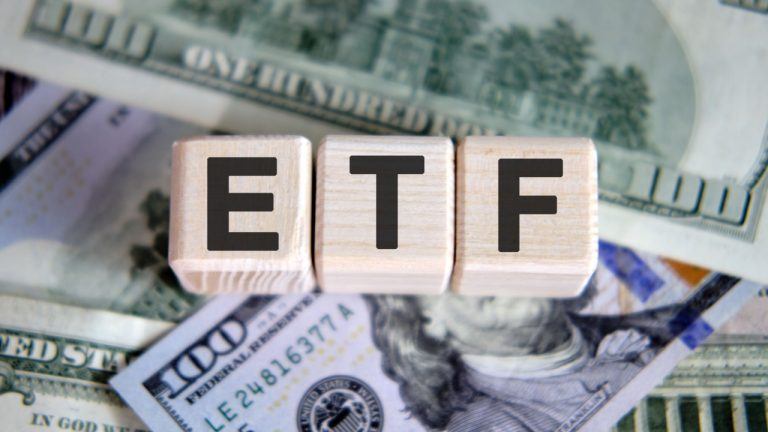

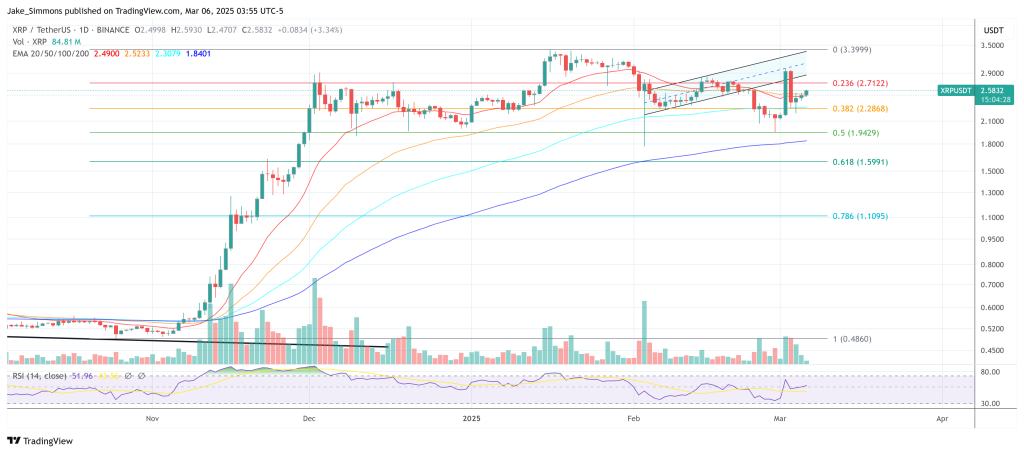

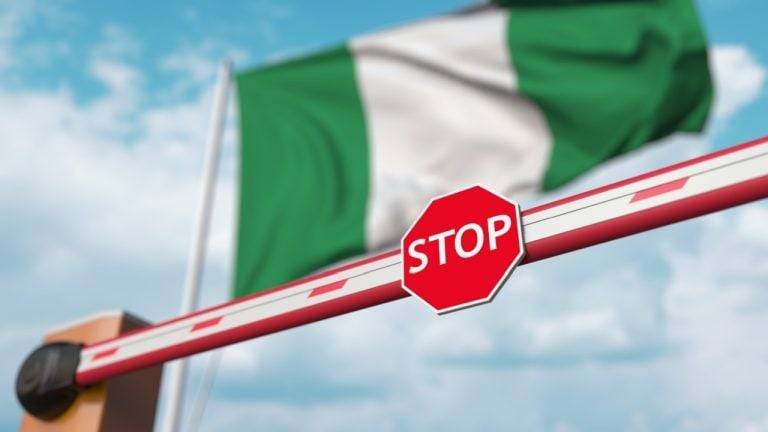

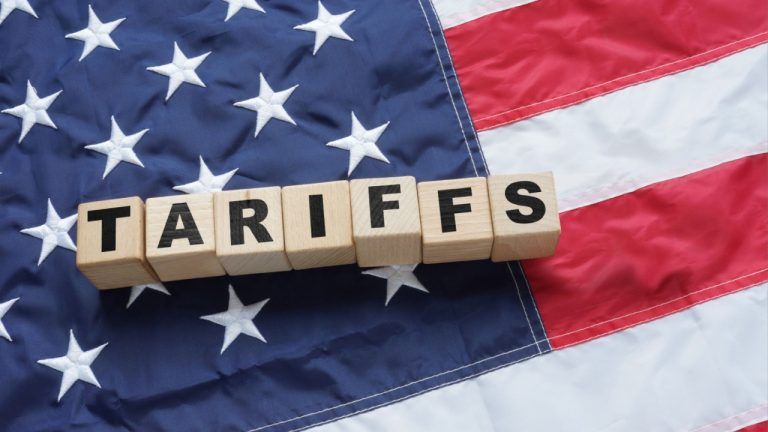

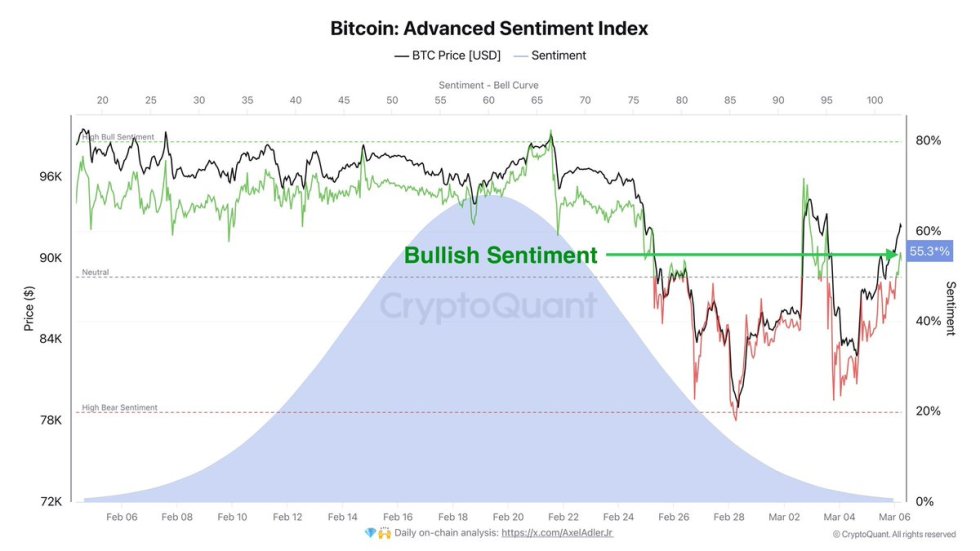


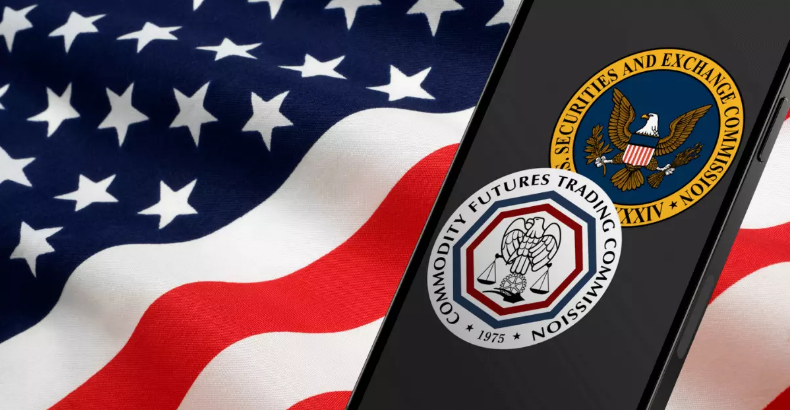
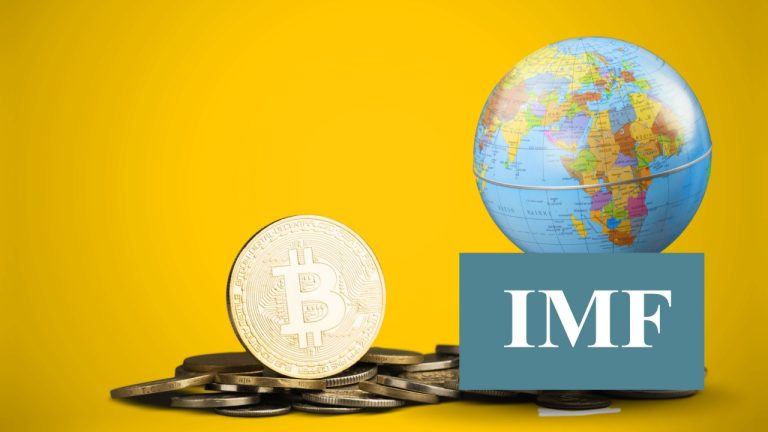
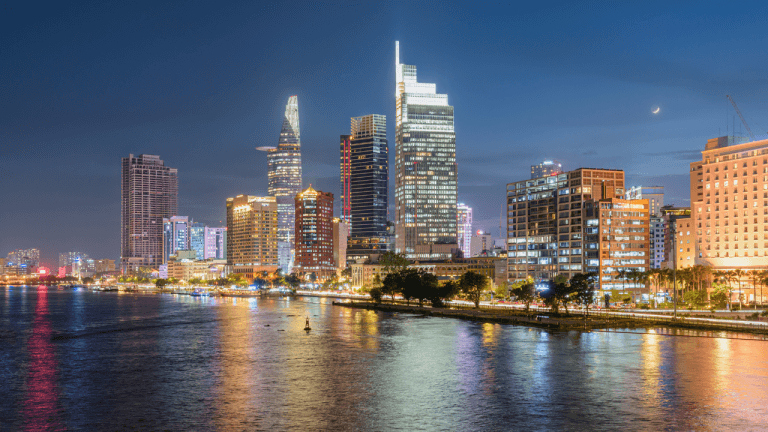


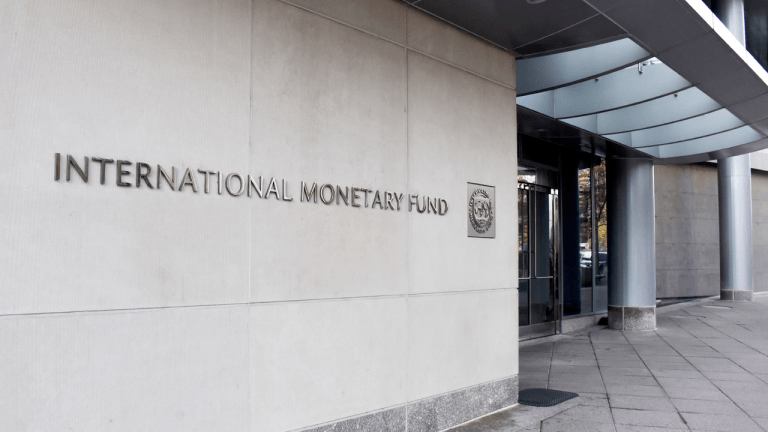
Comments